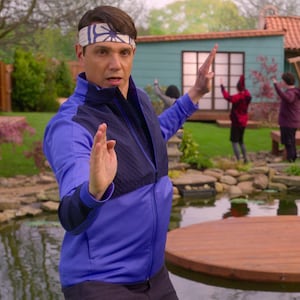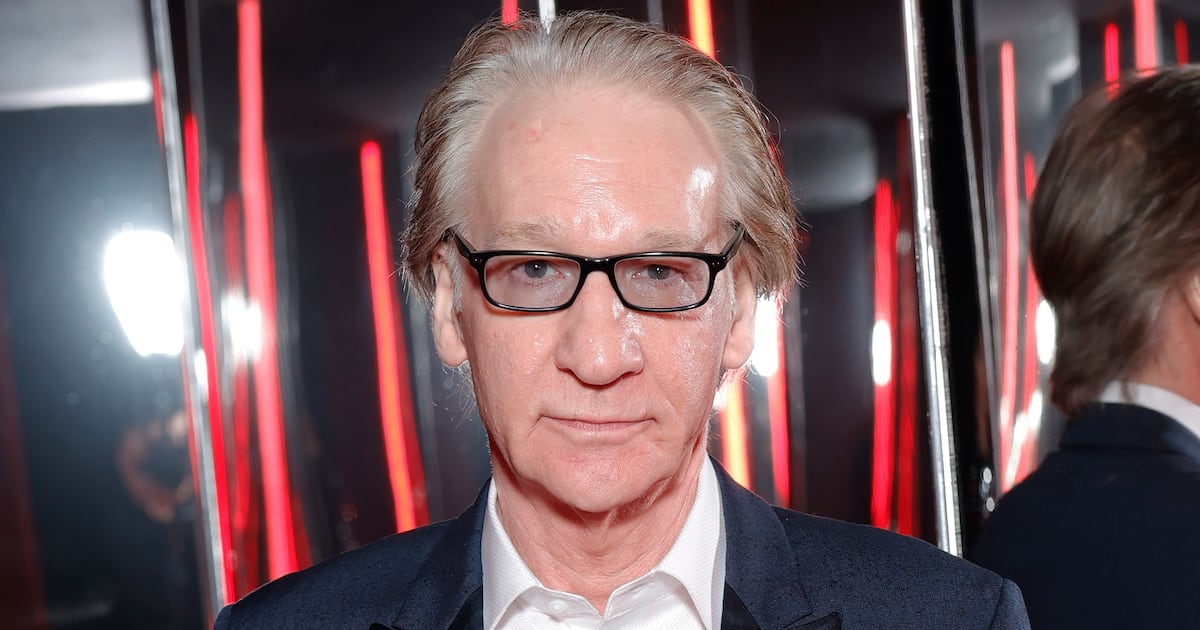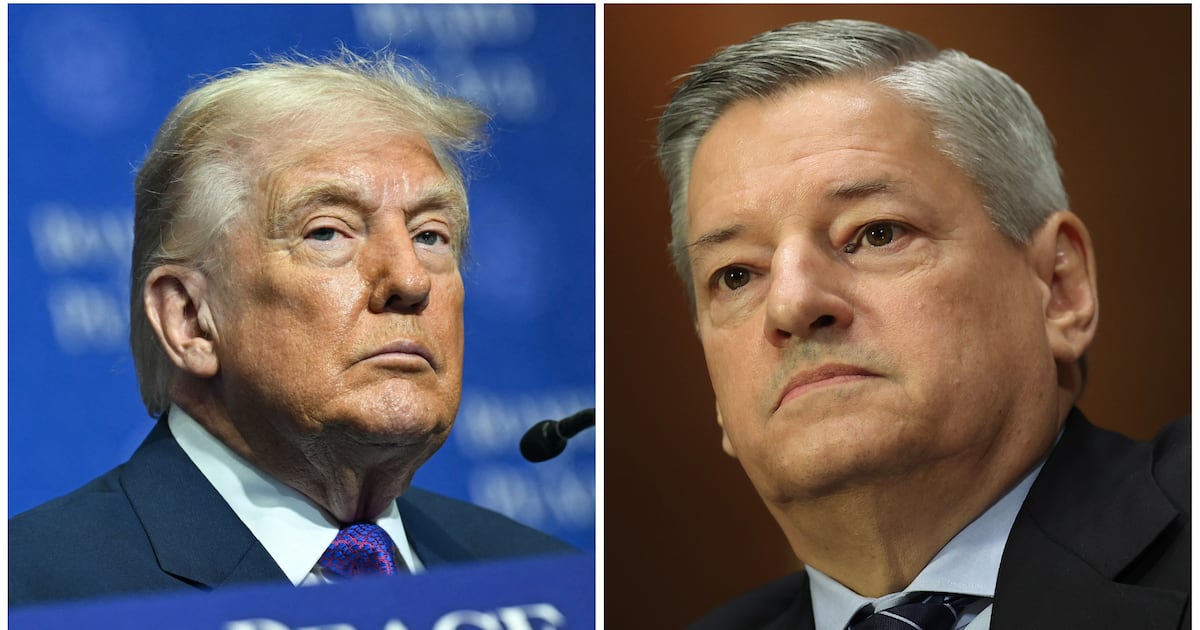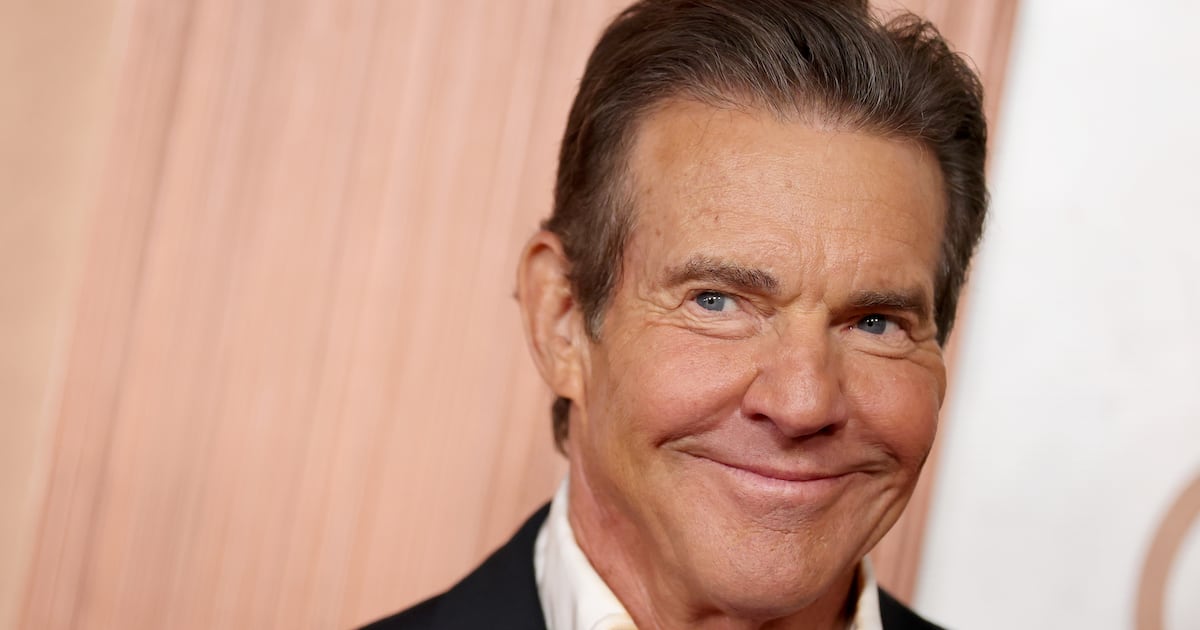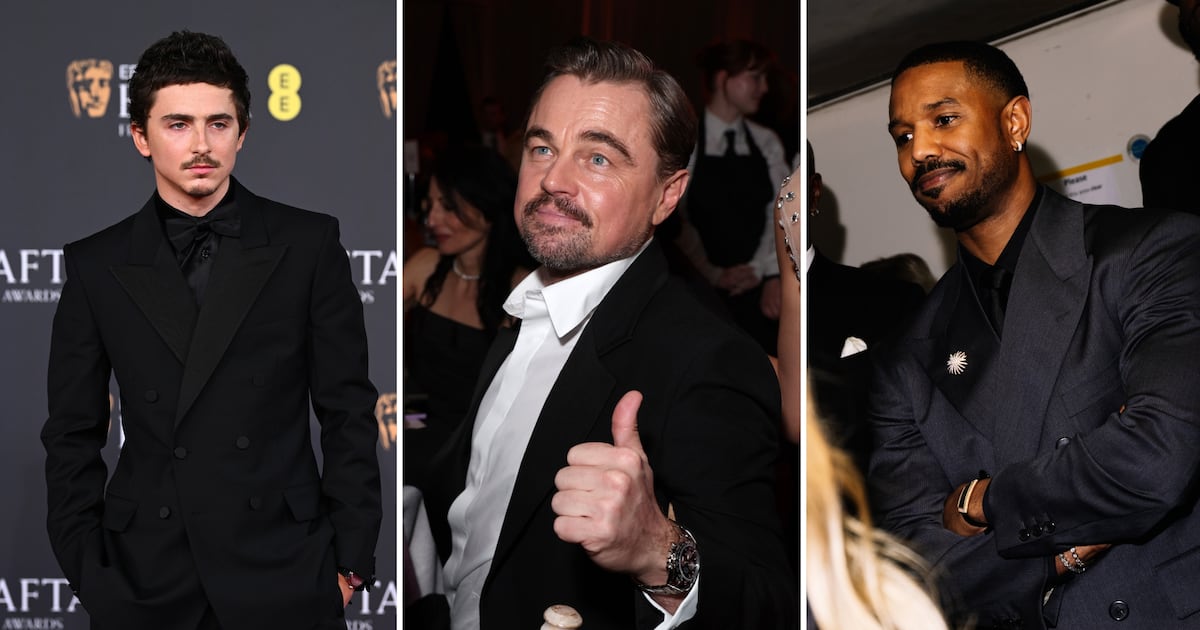It seems that Cobra Kai has finally, in its fifth season (out Sept. 9 on Netflix), reached the apex of its learning curve. Cobra Kai, a reboot of the classic 1980s Karate Kid trilogy, is told from the perspective of the first film’s villain. Johnny Lawrence (William Zabka) is a walking stereotype of a disgruntled, middle-aged white man: He peaked in high school and continues reliving his glory days. In the meantime, all of modern pop culture has passed him by. He doesn’t understand “Goggle,” Facebook, or the patriarchy.
Worst, Johnny is now bullying people the same way he was bullied when he was a karate student—but this time in his own dojo, named after the “Cobra Kai” club of his youth. This is in stark contrast to what OG Karate Kid-turned-successful car salesman and pillar of the community Daniel LaRusso (Ralph Macchio) did with his life. But with Johnny up to no good again as Cobra Kai, it is Daniel who co-opts the traditional teachings of Mr. Miyagi to take action.
Many, many hijinks ensue, mostly consisting of Daniel, Johnny, and their students staging karate fights at school and the mall at every juncture. And in case Daniel and Johnny’s never-ending feud wasn’t enough, Cobra Kai has impressively been able to bring back most of the movies’ other antagonists. That includes original Cobra Kai sensei John Krease (Martin Kove), silver fox Terry Silver (Thomas Ian Griffin; call me), and Chozen Toguchi (Yuji Okumoto). Much of the time, these villains are fairly one note. But by introducing increasingly Bigger Bads each season, Cobra Kai at once humanizes all of its characters—and allows them to see that there’s more to the world than karate.

That is certainly the premise of Season 5, which brings Cobra Kai closer in quality to the rest of the TV landscape than ever before. We open after the events of Season 4’s All-Valley tournament, in which the combined dojo of Johnny’s Eagle Fang and Daniel’s Miyagi-Do schools agreed to quit karate if they lost to the Silver-run Cobra Kai. Of course they did—because the good guys seldom win.
Despite the loss, Johnny is the happiest we’ve ever seen him. He’s in love with his neighbor Carmen (Vanessa Rubio), who’s also the mother of his former student Miguel (Xolo Maridueña). Miguel, meanwhile, has run away to Mexico to try to find his father. Johnny looks for Miguel by road tripping to Mexico, and in an attempt to redeem himself as a parent, he brings his estranged son and former Cobra Kai member Robby (Tanner Buchanan) along for the ride.
Meanwhile—in a pleasant surprise carried over from last season—the LaRusso family member that Cobra Kai seems most interested in these days is Samantha (Mary Mouser), Daniel’s daughter. She acts as a cipher for the audience and the writers, as she tries to figure out who she is away from the harrowing events karate has wrought on her life. (For one, she's experiencing PTSD after continuously getting her ass beat by Cobra Kai All-Valley champion Tory, played by Peyton List.)
Her dad is still on his bullshit, obsessed with taking down Silver and Cobra Kai, who handily disposed of Krease in the Season 4 finale by framing him for an assault for which he’s serving time, but for once, the show and its characters don’t humor him. Daniel has always thought of himself as morally superior to the rest of his karate brethren, but it’s a shocking, if welcome, development for Johnny to exhibit the most personal growth between the two this season.
With these characters all on their own trajectories, we get a much-needed breather from the incessant “will they-won’t they” between Daniel and Johnny that drives much of the show. It’s even good to take a step back from all that karate, so that the show can prove itself on other merits. Several episodes go by before the pair even interact. The star-crossed bromance Cobra Kai is more concerned with this season is that of Miguel and Robby, who are about to be thrust together in a big way—whether they like it or not. This is in line with last season’s promise to focus on the next generation of karate kids, and Cobra Kai leans into that hard. The difference is that Miguel and Robby have the emotional intelligence to understand why they hate each other. They understand that, sometimes, it’s better to put your differences aside for the greater good. Daniel and Johnny could certainly take a page out of their book.
Despite these pivots of plot and character development, Cobra Kai isn’t necessarily any better this season than it was before. I personally preferred Season 4 to this one and, indeed, all the others prior. (I slogged through those last summer on the recommendation of a friend, who described it as “wholesome, like Ted Lasso;” reader, it was not!) But with Season 5, Cobra Kai successfully meets viewers’ expectations that characters will, you know, develop—something it hasn’t been great at doing before.
Of course, Cobra Kai is a karate show, so it’s going to do the karate show thing. The story does eventually return to focusing on martial arts, which will probably please those viewers who came for the modern-day Karate Kid action they’ve been privy to in previous seasons.But Season 5’s detour away from the dojo means that Cobra Kai itself took some time to reflect, grow, and change. The show is much better off for it.


